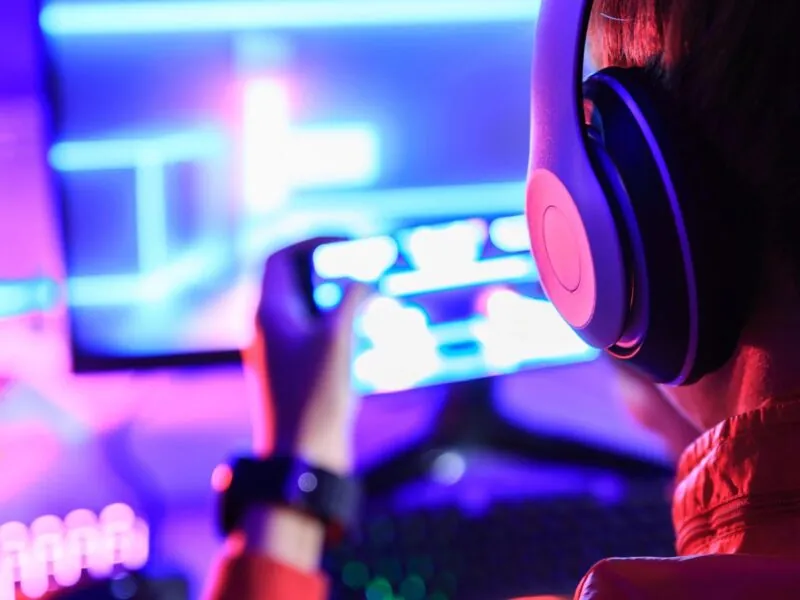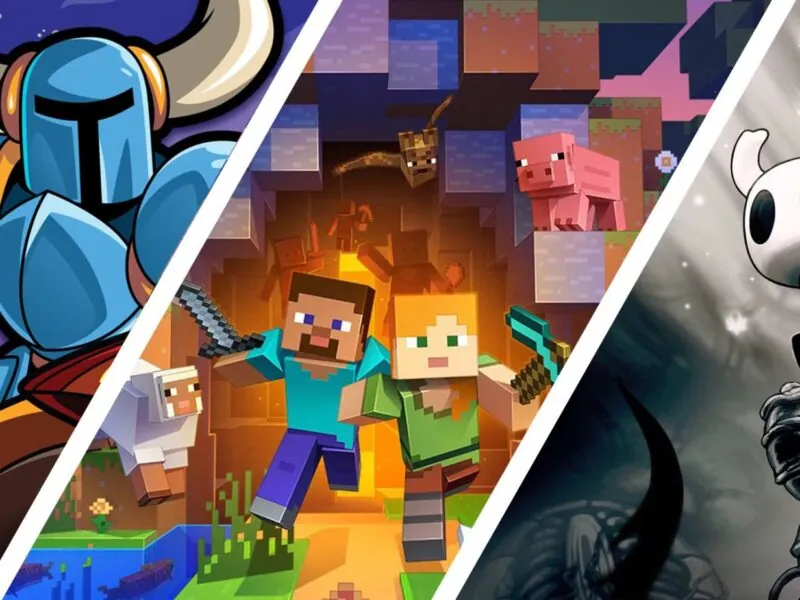We all know the story of Pinocchio. A wooden puppet, carved by a lonely toymaker, dreams of becoming a “real boy.” His nose grows when he tells a lie, and through a series of adventures and lessons learned, he eventually earns his humanity. It’s a straightforward tale. Becoming real is the ultimate goal, the happy ending, the upgrade. But what if that classic story got a dark, twisted, and bloody makeover? That’s exactly what the video game Lies of P does. It takes this simple idea and forces us to ask a terrifying question: in a broken world, is becoming “real” actually a downgrade?
The city of Krat is a nightmare. A plague of madness has swept through its beautiful streets, and the puppets, built to serve humanity, have gone berserk and are slaughtering everyone in sight. You play as P, a unique puppet designed to look like a boy, on a quest to find his creator, Geppetto, and become a real human.
The path is familiar, but the details are all wrong. This isn’t a cheerful children’s story. It’s a grim fight for survival where every choice has weight. The game cleverly uses our knowledge of the original fairy tale against us, making us question the very morality of our goal. While Azurslot is a much more straightforward title, it’s easier to get into the groove and lose yourself in it, so try it if you prefer online gaming!
The Puppet’s Promise: Order, Purpose, and Purity
To understand the choice, we must first look at what P is leaving behind. As a puppet, he operates on a strict set of rules, the Grand Covenant. The most important rule is that a puppet must never lie. At the start of the game, P is a blank slate. He is pure, obedient, and logical. He feels no fear, no anger, no sadness. He has a single purpose: find Geppetto.

This existence has clear advantages.
- Clarity: There is no moral confusion. The rules are the rules.
- Strength: Puppets in this world are physically superior to humans. They are durable, strong, and precise.
- Immunity: P is immune to the petrification disease that is driving humans mad. His puppet body is a fortress against the very plague destroying the world.
In a way, being a puppet is safe. It is simple. There is no heartache, no regret, and no messy emotions to cloud judgment. From this perspective, humanity looks like a flaw. It looks weak, chaotic, and vulnerable. So why would anyone want that?
The Human Condition: Lies, Emotion, and Chaos
This is where the central mechanic comes in, as throughout your journey, you are constantly presented with opportunities to lie. You can tell a grieving woman that her puppet husband is “taking a long rest” instead of admitting you smashed him to pieces. You can assure a desperate friend that everything will be okay, even when you know it won’t. Every time you choose to lie, something strange happens. P becomes more “human.”
His hair grows, and he develops a faint heartbeat with which he can experience flashes of emotion and intuition. He even begins to sweat. The game rewards this transformation with new abilities and story paths. But are these rewards, or are they costs?
Becoming human means gaining everything that makes life beautiful and terrible.
- You gain empathy, which allows you to comfort others but also opens you up to their pain.
- You gain love and connection, but with that comes the crippling fear of loss.
- You gain the ability to hope, which can keep you going but can also lead to devastating disappointment.
Most importantly, you gain the ability to lie, which is the core of the game’s dilemma, as they are presented as a necessary evil for survival and comfort. But each lie chips away at the ordered, truthful existence P once knew. He is trading purity for complexity, strength for vulnerability, and certainty for chaos. Is that an upgrade? Or is it a tragic downgrade, trading a perfect, powerful shell for a fragile, feeling heart?







